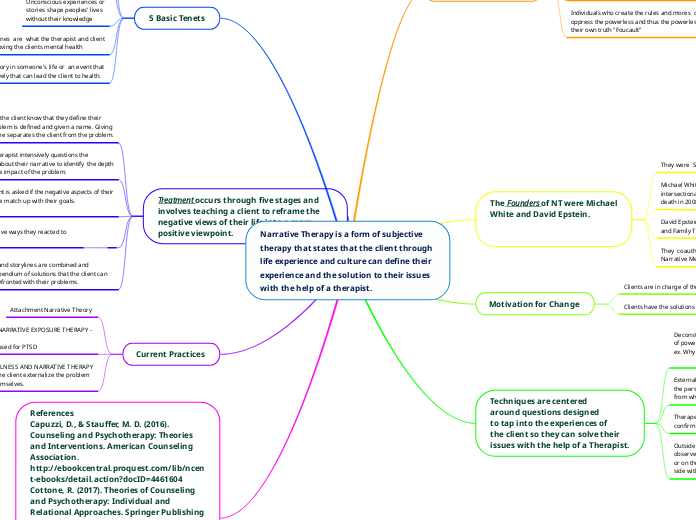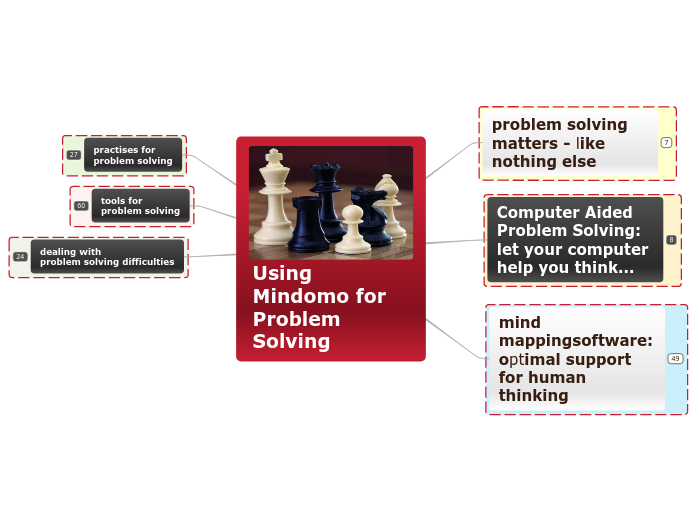por olivia we 2 anos atrás
301
Narrative Therapy is a form of subjective therapy that states that the client through life experience and culture can define their experience and the solution to their issues with the help of a therapist.
Narrative Therapy is a therapeutic approach that emphasizes the significance of storytelling in shaping an individual's identity and experiences. It posits that clients, through their life experiences and cultural context, inherently possess the solutions to their challenges.









